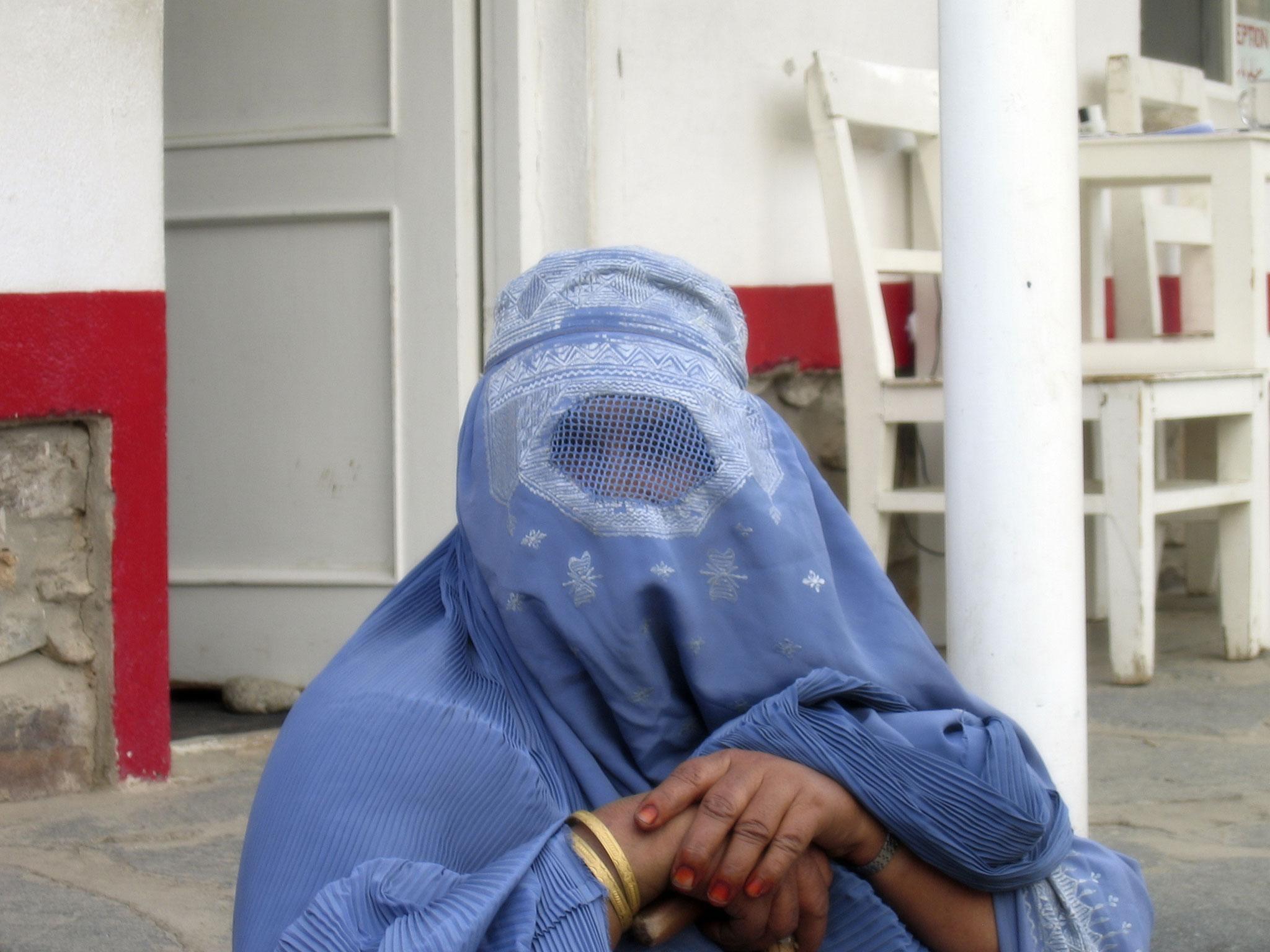Denmark set to ban the burqa despite fears for religious freedom
The law proposal is 'not aimed at any religions'

Your support helps us to tell the story
From reproductive rights to climate change to Big Tech, The Independent is on the ground when the story is developing. Whether it's investigating the financials of Elon Musk's pro-Trump PAC or producing our latest documentary, 'The A Word', which shines a light on the American women fighting for reproductive rights, we know how important it is to parse out the facts from the messaging.
At such a critical moment in US history, we need reporters on the ground. Your donation allows us to keep sending journalists to speak to both sides of the story.
The Independent is trusted by Americans across the entire political spectrum. And unlike many other quality news outlets, we choose not to lock Americans out of our reporting and analysis with paywalls. We believe quality journalism should be available to everyone, paid for by those who can afford it.
Your support makes all the difference.Denmark looks set to become the next European country to restrict the burqa and the niqab, worn by some Muslim women, after most parties in the Danish parliament backed some sort of ban on facial coverings.
Full and partial face veils such as burqas and niqabs divide opinion across Europe, setting advocates of religious freedom against secularists and those who argue that such garments are culturally alien or a symbol of the oppression of women.
The niqab covers everything but the eyes, while the burqa also covers the eyes with a transparent veil.
France, Belgium, the Netherlands, Bulgaria and the German state of Bavaria have all imposed some restrictions on the wearing of full-face veils in public places.
“This is not a ban on religious clothing, this is a ban on masking,” Jacob Ellemann-Jensen, spokesperson for the Liberal Party, told reporters on Friday after his party, the largest in the coalition government, decided to back a ban.
This would effectively mean a ban on the niqab and the burqa, he added. Around 200 women in Denmark wear such garments, according to researchers.
The three-party centre-right minority government, its ally the Danish People’s Party and the main opposition Social Democrats have all said they are in favour of a ban, though they are still discussing how the ban should be designed and enforced.
“There will come a masking ban in Denmark. That’s how it is,” Foreign Minister Anders Samuelsen said on Facebook.
His party, the Liberal Alliance, had previously been one of the staunchest opponents of a ban, saying it limited people’s ability to freely choose their attire, but has now aligned its stance with that of the other coalition parties, the Conservatives and the Liberals.
“So if it is practically possible to have such a ban without betraying ourselves or our own values, then the Liberal Alliance will vote for it,” Mr Samuelsen said.
The Social Democrats, Denmark’s biggest party, has also signalled support in principle for a ban on garments such as the burqa, which it said oppressed women.
“We are ready to ban the burqa if that is what it takes ... But there are some dilemmas, not least with regards to how such a ban would be enforced,” said the Social Democrats’ leader, Mette Fredriksen, during a debate in parliament on Thursday.
Norway’s government in June proposed a ban on face-covering Muslim veils in kindergartens, schools and universities.
Last month the Austrian government issued posters and leaflets threatening Muslim women with fines for wearing face veils, and on 1 October its ban on wearing niqabs and burqas in public came into force.
Belgium also has a nationwide ban that came into effect in 2011, and the European Court of Human Rights recently upheld the country’s right to do so.
Judges said the ban did not violate the rights to private and family life and freedom of religion, or discrimination laws.
France was the first country to implement the ban in April 2011.
Reuters
Join our commenting forum
Join thought-provoking conversations, follow other Independent readers and see their replies
Comments